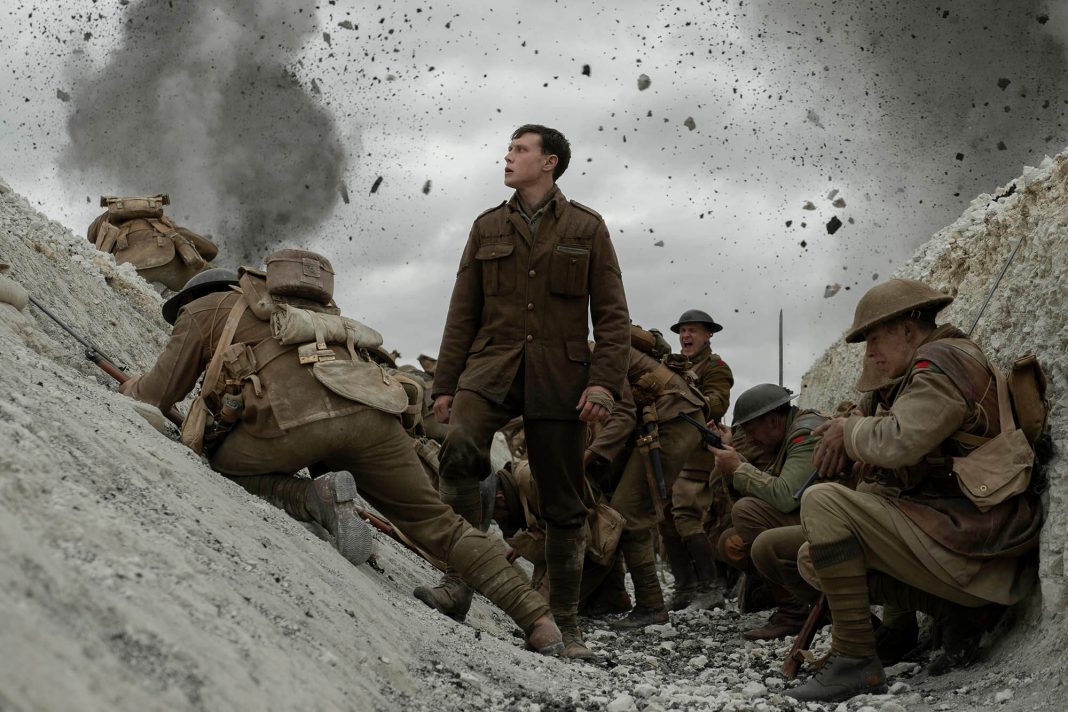The little gold statuettes that will be handed out to a lucky few on Monday, February 10 are worth their weight in gold – but aren’t. The 13” high statuettes weigh in at just 8.5 pounds. Most of Oscar’s weight is made up of an inexpensive pewter-like metal called Britannia. The 24 carat gold surface layer is just plating.
According to Money.com, Oscars cost around $400 (£300) to plate with gold. The site also estimates that sold for scrap the statuettes would only fetch $650 (£500). Like Hollywood itself, reality is only skin-deep.
You can buy an imitation Oscar on eBay – the Academy of Motion Picture Arts and Sciences is fiercely protective of its brand; it won’t be the real thing – for £5. If you are looking to get your hands on the real thing, you’ll have to shell out a bit more.
Michael Jackson reportedly paid $1.54 million (£1.1 million) at auction for the Best Picture Oscar snagged by Gone With The Wind in 1940. Another buyer stumped up $860,000 (£650,000) for the Best Screenplay statuette carried off by Citizen Kane in 1942.
The producer usually credited with monetising the Oscars – turning them into box-office gold – is Harvey Weinstein. Way before he became a full-time public pariah – the Academy kicked him out in 2017 – Harvey and his brother Bob launched the film company Miramax. The pair had an eye for under-the-radar off-beat movies: Pulp Fiction, The Crying Game, My Left Foot, movies that went on to become cult hits.
Marketing genius that, all else aside, he surely is, Harvey was the first to figure out that if Miramax won Oscar gold on the night, substantial money could be made at the box-office on the back end: the so-called Oscar bump.
Rather than wait around for the 8,469 members of the Academy (as of 2020) to make up their collective minds, Harvey aggressively campaigned to make up their minds for them. He threw significant money at print and billboard advertising, literally hitting Academy members where they lived – Hollywood Boulevard, Rodeo Drive.
He hosted lavish press junkets and engaged in some metaphorical arm-twisting. His gamble paid off. My Left Foot kicked off a string of subsequent Miramax gold with an Oscar for Best Male Actor (Daniel Day-Lewis) in 1990, sharing the stage that same year with the producers’ Cinema Paradiso which won for Best Foreign Language Film. The English Patient and Shakespeare in Love quickly followed.
So what’s that bump actually worth? Money.com estimates that a Best Actor Award can boost a male actor’s per-picture salary by 80%, say $4 million. Best Actress, wouldn’t you know, garners a measly uptick in wages of $500,000. The same site calculates that a Best Picture award can add $14 million to a film’s box-office take. How? Sad to say movie-fans, for the very same reason the Academy’s voting members fell for Harvey’s shenanigans. We buy the hype.
Picking a film to watch for your movie-night? An Oscar-winner might seem a safe bet but it may only be fool’s gold.
You can place a bet on most Oscar categories if you’re feeling lucky. PaddyPower is tipping Sam Mendes’ 1917 to win Best Picture at 8/11. The same betting-shop tips The Joker at 40-1.
Image Credits: Universal Pictures .



